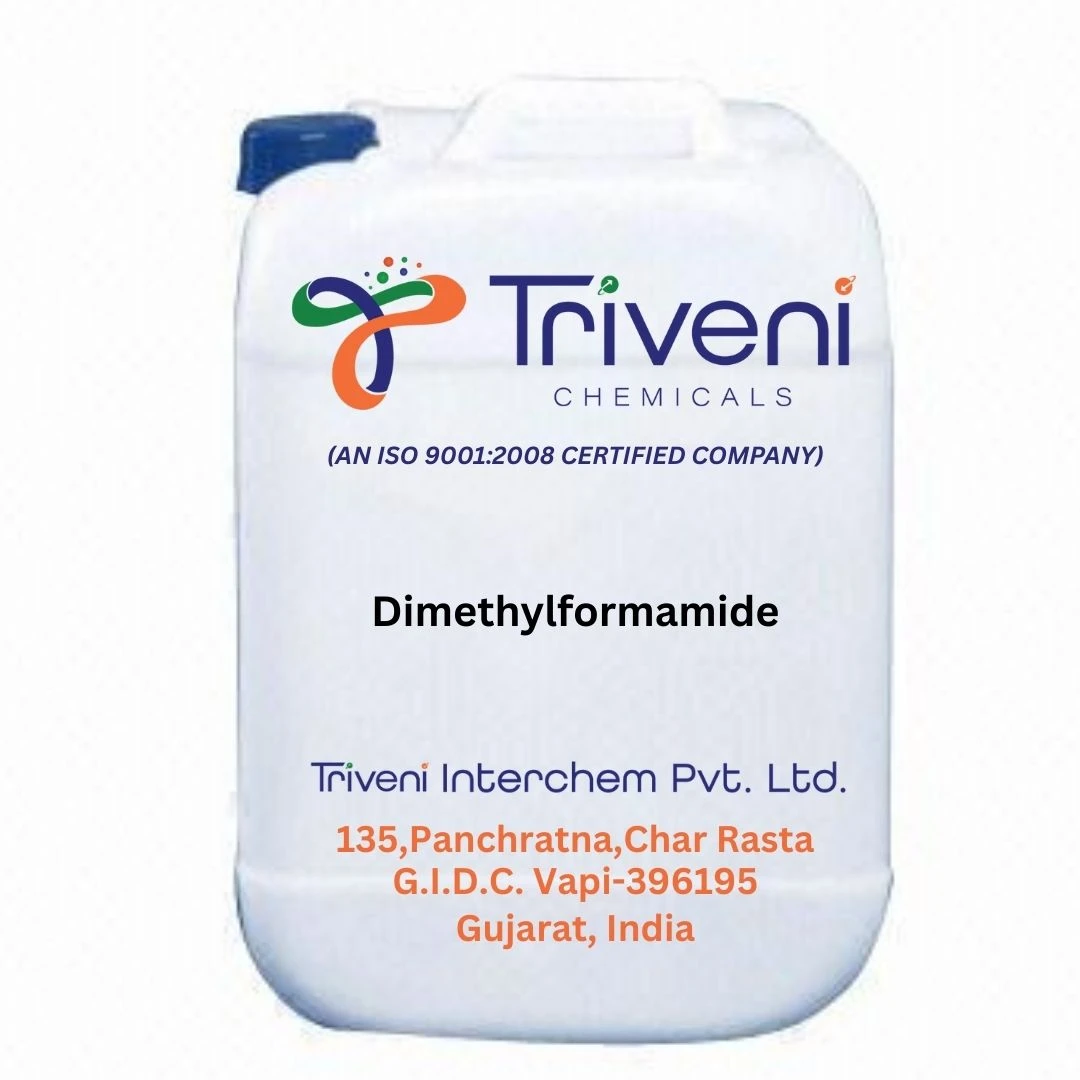Pesticides: A balancing act between environmental concerns and agricultural necessity Despite being essential to agricultural growth, pesticides have raised sensitive questions about their effects on the environment. These chemicals are made to keep weeds and pests out of crops that could harm them, protecting food supplies for the world's expanding..
Pesticides: A balancing act between environmental concerns and agricultural necessity Despite being essential to agricultural growth, pesticides have raised sensitive questions about their effects on the environment. These chemicals are made to keep weeds and pests out of crops that could harm them, protecting food supplies for the world's expanding population. However, there are serious ecological concerns associated with their careless use. The risk that pesticides pose to non-target creatures is one of the main issues. Beneficial insects that are vital to pollination, such as bees, may be exposed to pesticides. Ecosystems are affected by this unexpected outcome, which upsets biodiversity and natural balances. Moreover, pesticide residues have the ability to contaminate aquatic life and may make their way up the food chain via seeping into water sources. The creation of more focused pesticides and integrated pest management techniques are two initiatives aimed at reducing these hazards. To reduce the need for pesticides, integrated pest management integrates a number of strategies, including crop rotation, the use of natural predators, and biological controls. Moreover, organic farming practices, which avoid using synthetic pesticides, provide a sustainable substitute with less of an impact on the environment. Regulatory agencies are essential to the supervision of pesticides because they establish thresholds for residual levels in food and carry out risk analyses. Campaigns for public awareness also inform farmers and consumers on the responsible use of pesticides and their effects on the environment and human health. Finding a balance between the demands of agriculture and environmental care is ultimately the difficult part. An attractive substitute for conventional animal leather is synthetic leather, also known as faux or vegan leather. Synthetic leather, which is made of different materials like polyurethane (PU) or polyvinyl chloride (PVC), has a number of benefits for the environment and ethics. The fact that synthetic leather is cruelty-free is one of its main advantages. Since there are no animals used in its production, it satisfies the growing need for ethical clothing options. Furthermore, synthetic leather can resemble the texture and appearance of real leather, giving both consumers and designers a flexible choice. Comparing synthetic leather to animal leather, the former has a smaller ecological imprint. The production process uses less water and land and produces fewer greenhouse gas emissions. Its environmental impact has also been lessened by the introduction of bio-based and recycled synthetics as a result of material advancements. Despite the obvious advantages of synthetic leather, many versions still have issues, such as the use of ingredients derived from petroleum. Still, development in this area is being driven by continued research into sustainable alternatives. A more ecologically conscious fashion business is anticipated as a result of growing consumer demand for sustainable materials like synthetic leather.


